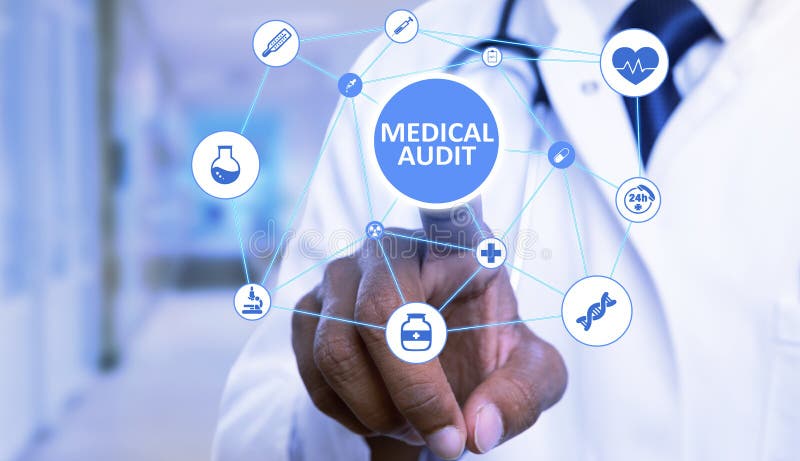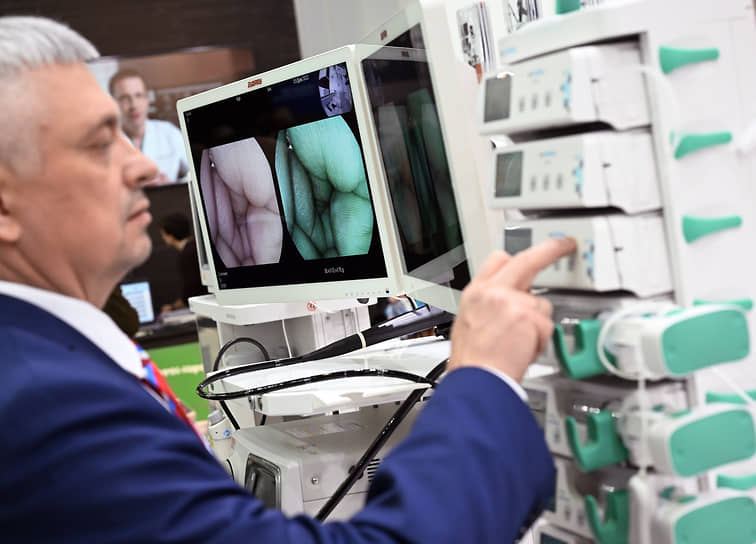
Shortcomings Identified, Including Equipment Idleness and Personnel Deficit
The Accounts Chamber (AC) conducted a review of the Ministry of Health`s effectiveness regarding medical rehabilitation for the years 2022–2023. While the volume of assistance provided in this area continues to grow, auditors highlighted several systemic issues. These include a shortage of staff, difficulties in forecasting the population`s rehabilitation needs, and an imbalance in equipment availability – with shortages in some regions and idleness in others. The Ministry of Health, however, maintains that rehabilitation accessibility has «significantly increased» and the personnel issue is being «successfully resolved.»

The Accounts Chamber noted the increase in the volume of medical rehabilitation provided through mandatory health insurance as a «positive change.» Auditors recorded 1,348,981 such cases in 2022 and 1,630,278 in 2023, marking a 20.8% growth. Preliminary assessments by the AC suggest this trend is likely to continue.
What is Medical Rehabilitation?
Medical rehabilitation encompasses a set of measures aimed at restoring impaired bodily functions or compensating for lost ones. Eligibility extends to patients recovering from acute conditions (such as heart attack, stroke, severe infections) and injuries (including traumatic brain injuries, fractures, burns, spinal injuries), those post-surgery, and individuals with chronic illnesses and disabilities. Since 2021, rehabilitation following COVID-19 has also been included.
Despite the positive trend in volume, the auditors then detailed the negative findings. In 2023, a staff deficit was observed in one-third of Russia`s regions. Shortages were noted among physicians specializing in physical and rehabilitation medicine, exercise therapy instructors, psychologists, and nurses with specializations in «medical rehabilitation,» «massage,» and «physiotherapy.»
Auditors pointed out that comprehensive patient care requires the involvement of an ergorehabilitation specialist (who helps develop self-care skills). However, the Ministry of Health has not yet developed a professional standard for this specialty, nor for «medical speech therapist» and «physical rehabilitation specialist.» The report states that this hinders the training and professional development of medical personnel, as educational programs are based on the knowledge and skills defined by such standards.
The audit highlighted that almost half of the total funding for the federal project «Optimal Medical Rehabilitation for Health Restoration» in 2022–2024 was allocated to equipping medical rehabilitation departments with new equipment (28.36 billion rubles).
Specifically, the Ministry of Health claimed that 147 medical organizations were equipped in 2022, but the AC stated the actual number was only 61. Nevertheless, by 2023, the number reportedly increased to 200 organizations.
The Accounts Chamber drew attention to the «differentiation in equipment levels» across regions. For instance, in 2023, equipment saturation was 31% in the Kurgan region compared to 98% in the Moscow region. Furthermore, rehabilitation equipment purchased under the federal project in several federal and regional medical organizations was used below full capacity. Reasons for this varied, including a lack of patients, staff shortages, and insufficient bed capacity.
A significant portion of the purchased equipment was foreign-made, the Chamber noted, and its cost is considerably higher than Russian alternatives. According to the Ministry of Health, regions acquired imported equipment totaling 13.8 billion rubles (52.6% of total purchases) in 2022–2024, while federal organizations spent 2.3 billion rubles (66.9%). The AC suggested that the government should plan for an increase in the share of domestic equipment purchases within the federal project.
Finally, the AC noted that in 16 regions, the demand for medical rehabilitation in 2021–2023 exceeded the volume of corresponding services provided within the mandatory health insurance system.
For example, in the Altai Krai in 2023, there were 48,944 cases requiring rehabilitation for cerebral circulatory disorders, oncological diseases, and traumatological-orthopedic conditions. However, the territorial program of state guarantees planned for only 19,254 cases across all types of illnesses – 2.5 times less than needed. The Chamber proposed developing and approving a methodology for determining the annual need for medical rehabilitation among the population to facilitate planning service volumes «in the medium and long term.»
In response to the Accounts Chamber`s comments, the Ministry of Health stated that rehabilitation accessibility «significantly increased» in 2022–2024 thanks to increased funding in the mandatory health insurance system. Additional funds allowed for a 29% increase in the number of cases receiving medical assistance in day hospitals and a 27% increase in outpatient settings in 2024 compared to 2022. The Ministry also mentioned that within the federal project, the re-equipment of 520 regional medical organizations has been completed, and over 40,000 units of equipment have been put into operation. Furthermore, «measures to improve staffing levels are being successfully carried out,» the Ministry emphasized, noting that the number of specialists with higher education involved in multidisciplinary rehabilitation teams grew by 16.2% from 2022–2024, reaching 18.7 thousand people.
This article was updated on July 3 at 11:20 AM, adding a more detailed comment from the Ministry of Health regarding the Accounts Chamber`s findings.











